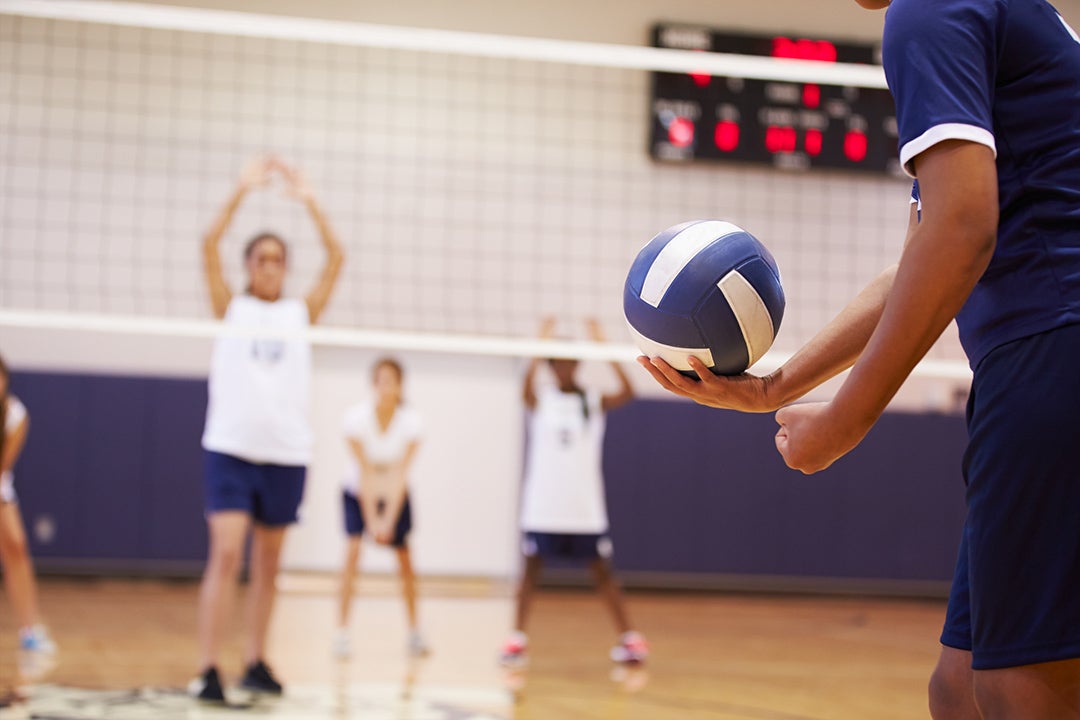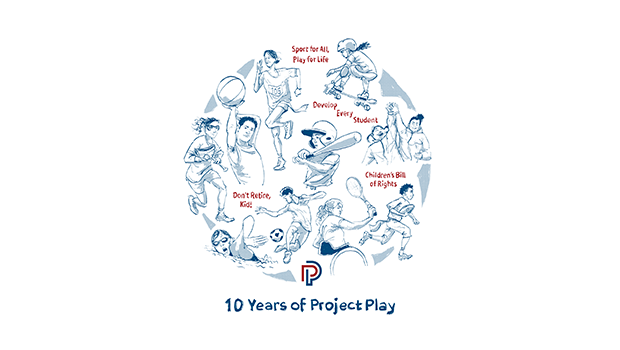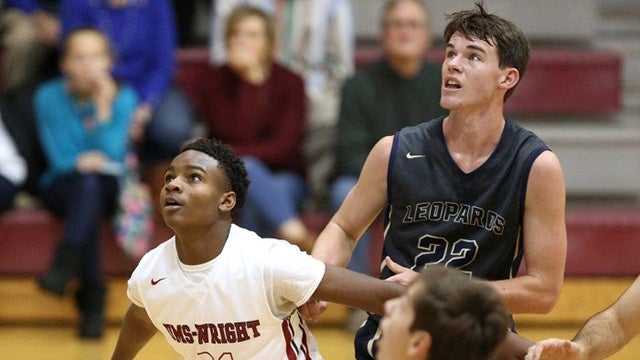It is widely known that this generation of kids is the least active in our nation’s history. At the National Fitness Foundation, we find this unacceptable and are on a mission to reverse this trend so that all children can benefit from a lifetime of health and fitness.
That is why we recently joined with more than a dozen leading national sports organizations, including the US Olympic Committee, NBC Sports, and Nike, on a multi-year commitment to boost youth sports participation rates for kids, regardless of ability or zip code. Led by The Aspen Institute, Project Play 2020 will execute evidence-based strategies to get more kids in the game and help them continue playing for life. This unique effort is an unprecedented partnership in which industry and non-profit groups are coming together to develop shared goals and specific actions so we can truly start making progress by 2020.
These national collaborations are important, but it is the work at the local level that makes the most meaningful difference. Last month I was proud to announce our Foundation’s commitment to train physical educators for the newly announced Project Play: Baltimore initiative, because when kids receive quality PE, they are more likely to participate in sports, embrace physical activity and perform at their highest potential both inside and outside the classroom.
This commitment demonstrates how the National Fitness Foundation uses cross-sector partnerships to deliver long-term results towards a healthy, active nation. As America’s health and fitness charity and the nonpartisan nonprofit partner of the President’s Council on Fitness, Sports & Nutrition, we are focused on making sure students are empowered to be fit for life by enhancing and elevating quality physical education.
Six Decades of Championing Fitness
Project Play 2020 is the latest national push to prepare kids for a lifetime of health and fitness, one that the federal government has been trying to drive forward for more than 60 years. In the 1950s, alarming research showed that American youth lagged in several fitness measures. President Dwight D. Eisenhower responded by convening a White House Conference on Youth Fitness and establishing the President’s Council on Youth Fitness in 1956. It’s striking to see how similar the goals of that conference are to Project Play 2020, as both make universal access a top priority. Project Play strives to make “sport accessible to all kids, regardless of zip code or ability.” In 1956, Vice President Richard Nixon vowed to work on behalf of kids in “urban, suburban and rural homes, in crowded tenement sections and in well-to-do neighborhoods.”
The stats haven’t changed much either. In his keynote speech to the White House Conference on Youth Fitness, Nixon noted that less than 50 percent of high school students were taking physical education. Today, half of US high school students reported not attending any physical education during an average school week. Other numbers paint an equally dire picture today: more than 66 percent of youth don’t get the daily physical activity recommended by the Centers for Disease Control and Prevention; only 37 percent of 6- to 12-year-olds played on a team sport last year; and one-third of children are obese.
Getting kids active will pay dividends in many ways. Children who are active and fit are better behaved in school, display a greater ability to focus, and have lower rates of absenteeism. And, of course, the health care system will see significant savings if we can make a dent in childhood obesity and physical inactivity.
Despite the presidential focus and the commitment of other high-profile figures, such as past chairs of the President’s Council Arnold Schwarzenegger and Dominque Dawes, the problem of youth physical inactivity worsened. Council members serve an important role advising the president on national priorities and serving as official ambassadors to the country, but with a $1.1 million budget, they are limited in their ability to provide grants and make long-term investments.
Private Sector Partner Needed to Accelerate Mission
In 1970, President Nixon made high school basketball star Tom McMillen the youngest member ever to serve on the Council. McMillen went on to careers as an NBA player and Maryland congressman, and then returned to the Council in the 1990s, this time as co-chair under President Bill Clinton. As a Council insider, Tom believed its mission would benefit from an outside-the-government partner. He conceptualized the idea for a congressionally-chartered foundation to support and supplement the Council and championed the cause for 15 years, when finally, in 2010, President Barack Obama signed a law creating our Foundation. McMillen was named its inaugural chairman and still serves on the board.
“It was clear that Congress wasn’t going to come up with any significant investment for the President’s Council,” McMillen said. “So it was important to create a foundation to fill the leadership and funding gap at the federal level, and really make a full-throttled effort to get kids active.”
Although the Foundation was established to support the mission of the Council, we operate independently and are not part of the government. Our board members come from innovative companies such as Facebook, Helix, and UFC — empowering us to develop unique strategies and partnerships capable of producing tangible results. Although private-sector business leaders help drive our priorities, we work closely with our ex-officio members from the government, such as the director of the Centers for Disease Control and Prevention, to ground our priorities in evidence and expertise.
Freed from the constraints of tight government budgets, we’ve already earned a return on the early investment from corporate backers, with a $10 million grant from the General Mills Foundation that kick-started efforts to get kids to be more active. This grant helped us modernize the old Presidential Physical Fitness Test, remembered by generations of Americans as the blue patch test for doing pull-ups, sit-ups, and other activities. Research showed that the test was 25 years out of date, so with guidance from the CDC and the Institute of Medicine, we developed a new program that focuses on student health and personal progress towards lifelong fitness, rather than athletic performance.
Participating schools get access to expert training and professional development for physical educators; national youth fitness standards to measure endurance, strength, flexibility, and body composition; student incentives and school recognition; and grants for equipment and training, among other things. Since 2012, more than 10,600 schools and 5.3 million students have used the program, and we’ve trained over 1,200 physical educators and given out more than $3 million in grants in 47 states. We’re excited to build off that early success by teaming up with players from pro sports, the sporting goods industry, the US Olympic Committee, and others in Project Play 2020.
Of course, there will always be a role for the federal government when it comes to lifelong health and fitness, as we need a full team to deliver on our mission. We are encouraged that Health and Human Services Secretary Tom Price identified reducing childhood obesity as one of his three priorities, and that President Trump singled out youth fitness and sports participation in his proclamation this spring of National Physical Fitness and Sports Month.
The nation has been fighting this battle for 60 years without much success and in this unique time in our country, the National Fitness Foundation is committed to accelerating progress to finding innovative solutions by working across sectors to make sure all children are prepared for a lifetime of health & fitness.
Chris Watts is the executive director of the National Fitness Foundation.


